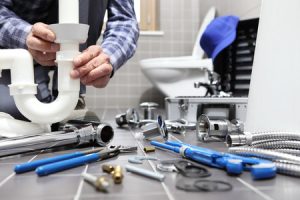 If you’re in the market for an older home, it’s important to look for outdated plumbing and electrical components that might need to be replaced with more modern alternatives. A drum trap, for example, is an obsolete style of plumbing trap that can be found in many old homes. These traps are prone to clogging, and they even constitute code violations in some areas. Fortunately, drum traps are typically easy to spot.
If you’re in the market for an older home, it’s important to look for outdated plumbing and electrical components that might need to be replaced with more modern alternatives. A drum trap, for example, is an obsolete style of plumbing trap that can be found in many old homes. These traps are prone to clogging, and they even constitute code violations in some areas. Fortunately, drum traps are typically easy to spot.
What do drum traps look like?
Look for a reservoir shaped like a coffee can that’s located in the floor alongside a tub, mounted in a closet or hidden behind an access panel. If the drum trap is in the floor, you might be able to see a circular metal cover flush with the floor. You may be able to find drum traps suspended under the flooring in a home’s basement as well.
Why were they used?
Drum traps were designed to capture debris and prevent sewer gas from entering the home. In theory, homeowner would regularly open the trap and clean it to avoid clogging; however, this rarely happened in practice. Try to clean the drum trap now, and you may find that the cover has corroded and can’t be easily removed.
What problems are they associated with?
Clogging is a major issue. Clogs are especially difficult to address with a snake, since water flows into the trap at one level and out at another. Moreover, the metal reservoir can rot out, causing the trap to leak.
What should you do?
The best option is to have drum traps replaced with a more modern design, such as a P-trap. This is an easy and inexpensive fix that can save you a lot of headaches down the road.
A thorough home inspection can help uncover drum traps, along with other issues that are common in older homes, such as foundation problems, insulation gaps and more. If you’re in the Chicago area, call First Choice Inspectors at (773) 429-9711 to get your free quote today.
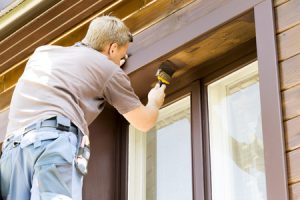
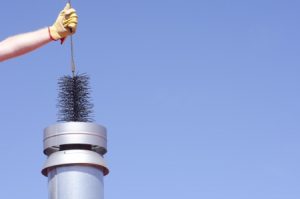
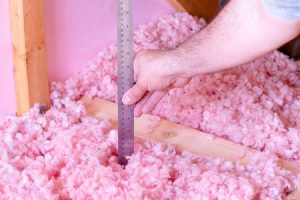
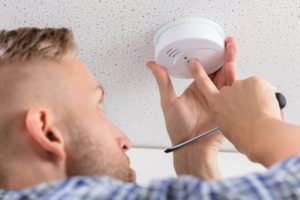 There are
There are  Thinking about buying a home in the Windy City? Chicago’s housing market may be experiencing a period of slow growth, but it’s also one of the most affordable markets in the nation, according to a recent report
Thinking about buying a home in the Windy City? Chicago’s housing market may be experiencing a period of slow growth, but it’s also one of the most affordable markets in the nation, according to a recent report 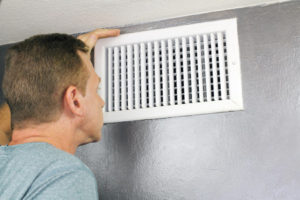 After a long, hot summer, you may be tired of seeing your energy bills spike from the increased load on your HVAC system. Thanks to the efforts of Iranian-American entrepreneur Hamid Farzaneh, homeowners will soon have access to a new “intelligent” ventilation technology that’s designed to make HVAC systems far more efficient.
After a long, hot summer, you may be tired of seeing your energy bills spike from the increased load on your HVAC system. Thanks to the efforts of Iranian-American entrepreneur Hamid Farzaneh, homeowners will soon have access to a new “intelligent” ventilation technology that’s designed to make HVAC systems far more efficient.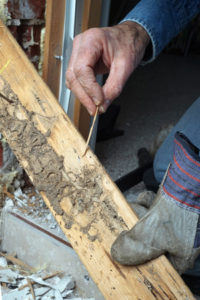 Did you know that termite damage costs U.S. homeowners an estimated
Did you know that termite damage costs U.S. homeowners an estimated 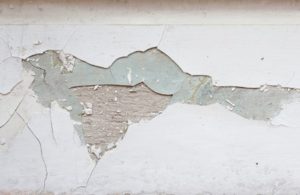 Despite the Chicago Department of Public Health’s efforts to address lead hazards in older homes, many neighborhoods in and around the city are still in need of lead paint abatement. Although lead-based paint is relatively harmless when left undisturbed, it can because a serious health hazard when it begins to deteriorate into a toxic dust.
Despite the Chicago Department of Public Health’s efforts to address lead hazards in older homes, many neighborhoods in and around the city are still in need of lead paint abatement. Although lead-based paint is relatively harmless when left undisturbed, it can because a serious health hazard when it begins to deteriorate into a toxic dust.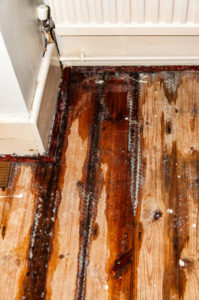 You find a home that you and your family absolutely love. You’re just about ready to make an offer, but then a routine home inspection reveals signs of past water damage. Could this cause more problems in the future? Should you abandon the home altogether? There are a few important things to consider before following through with the deal.
You find a home that you and your family absolutely love. You’re just about ready to make an offer, but then a routine home inspection reveals signs of past water damage. Could this cause more problems in the future? Should you abandon the home altogether? There are a few important things to consider before following through with the deal.